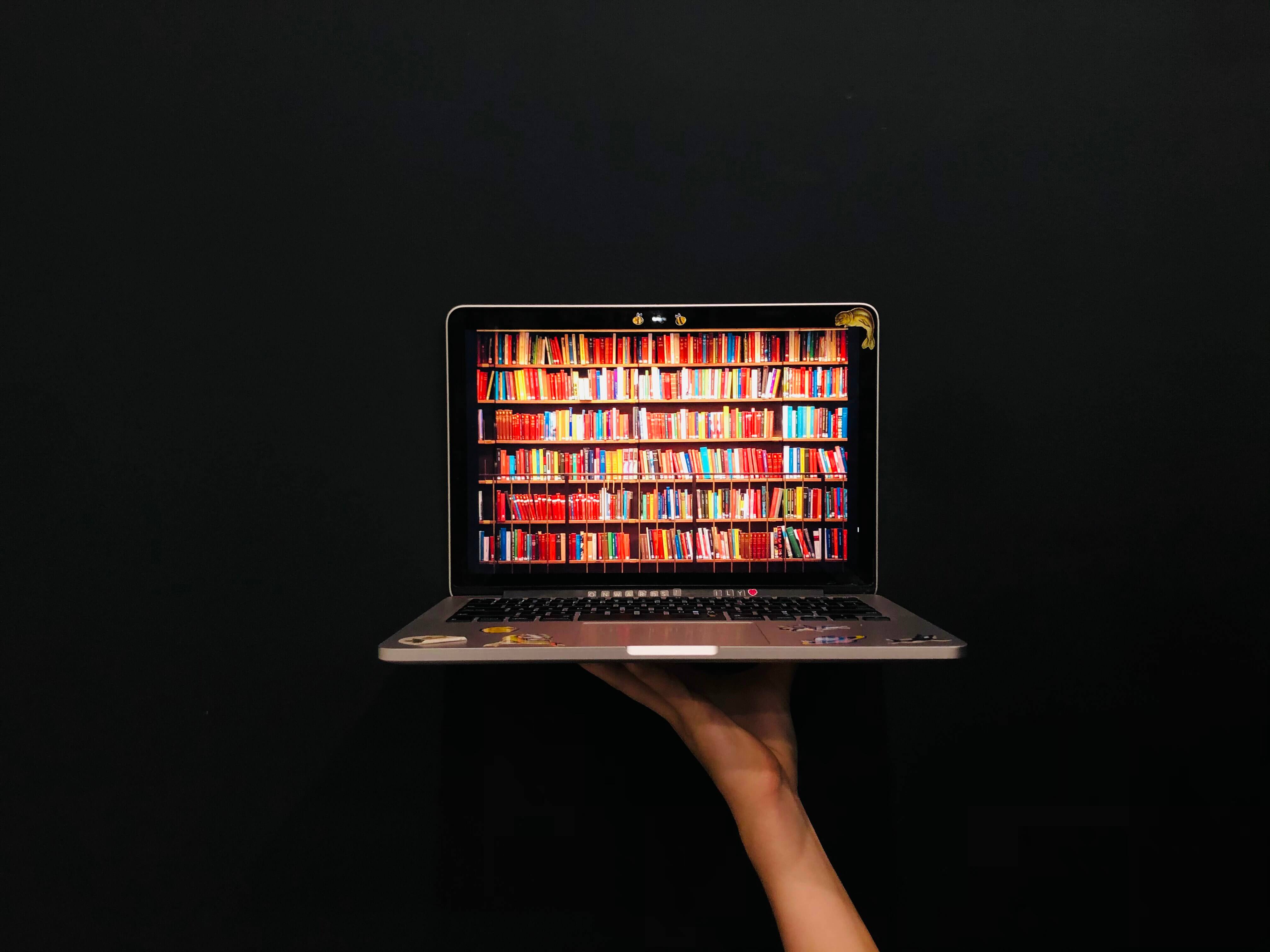Prior to the outbreak of the COVID-19 pandemic, the Students’ Society of McGill University (SSMU) began promoting Open Education Resources (OER), which makes textbooks more accessible by providing them free of charge. Despite rising tuition and textbook costs since the 1970s, the digitization of academia due to the pandemic has not appeared to slow price hikes of education material. In an email exchange with The McGill Tribune, SSMU Vice-President (VP) Student Affairs Brooklyn Frizzle wrote about the student union’s continued efforts to advocate for OERs.
“Open Educational Resources are basically open-source, free-for-use material (think Khan Academy or OpenStax) that can supplement or even replace traditional course materials like textbooks,” Frizzle wrote. “My predecessor, Madeline Wilson, actually kickstarted SSMU’s OER project and we’ve seen the project grow tremendously in the past few months.”
Frizzle noted that several McGill classes already have complete OERs: CHEM 110 and 120, MATH 140 and 141, PHYS 101, and ECON 208.
“At this point, there are six courses where we’ve compiled OERs that can completely replace the textbooks, and we’re adding new courses to that list every semester,” Frizzle wrote.
The last report on Open Educational Resources (OERs) at McGill was published in 2017. SSMU’s OER coordinators have launched a new students’ textbook experience survey on Sept. 26 to gather information on the cost of mandatory course materials and the current use of OERs. The OER team behind the survey plans to prepare a report for SSMU later this academic year with the information gathered in the survey.
Frizzle added that SSMU has collaborated with university administrators on possible methods to reduce the dependency of McGill courses on textbooks.
“SSMU has also been working with McGill to encourage professors to reconsider their current dependence on physical course materials or paywalled digital textbooks,” Frizzle wrote. “In the meantime, SSMU is continuing our #textbookbroke campaign to advocate for a shift from expensive textbooks to open-source material.”
McGill librarian Katherine Hanz is optimistic about the future of textbook accessibility, stating that the decision to join the HathiTrust Emergency Temporary Access Service (ETAS) has expanded the library’s capacity for digital resources and boosted their ability to digitize items that were previously less accessible.
“Joining ETAS [allowed] us to provide over two million books from the library’s print collection (including in-copyright materials) online for all McGill students,” Hanz wrote in an email to The McGill Tribune. “[Including ETAS], the library now has over 3.5 million books available electronically.”
Frizzle highlights how the McGill library has committed to making course materials more affordable to students by providing more free coursepacks.
“We’ve actually made some solid progress lately,” Frizzle said. “Starting in Winter 2021, the library has committed to offering upwards of 75 per cent of all coursepacks free of charge through myCourses.
The McGill library’s Rare Books and Special Collections section now offers a Digitization on Demand service of their collections, print materials via the Library Pickup Service, digitization of physical course reserves, and has plans to allow students to receive physical items in the mail.
The library’s move to make textbooks more affordable and accessible online comes at a time where the university has had to rapidly transition to online learning.
Jeff Noh, Ph.D candidate and lecturer in the English Department, explained that people interact with physical and digital versions of texts differently.
“It’s possible to engage with a digital edition in ways that you can’t with a physical copy, from being able to do a ‘control-F’ of a text to track word usage to the kind of computational methods employed by researchers in the digital humanities,” Noh said. “But the opposite is true too: There are literary analysis techniques that are encoded to the printed book [like] annotating a page while performing a close reading and, flipping backwards in a novel to verify our intuitions about its narrative structure.”
The SSMU and the library’s efforts to curb McGill’s dependence on physical course material and make textbooks more affordable are underway. Whether there will be any long-term change when McGill eventually transitions back to in-person learning remains to be seen.








